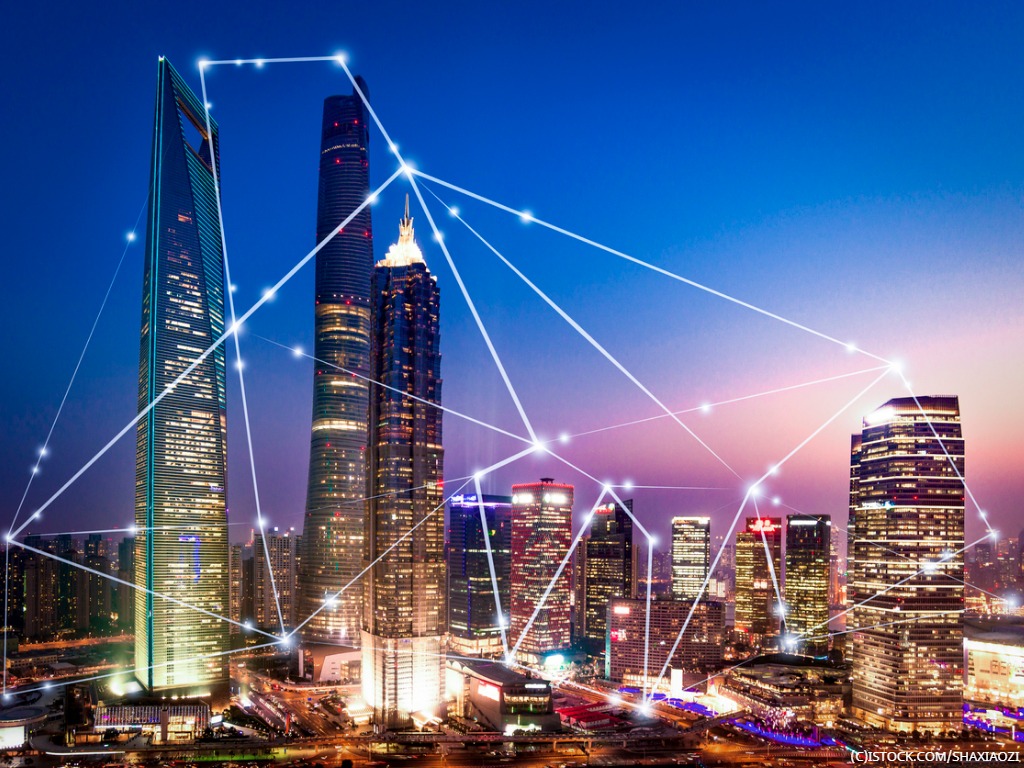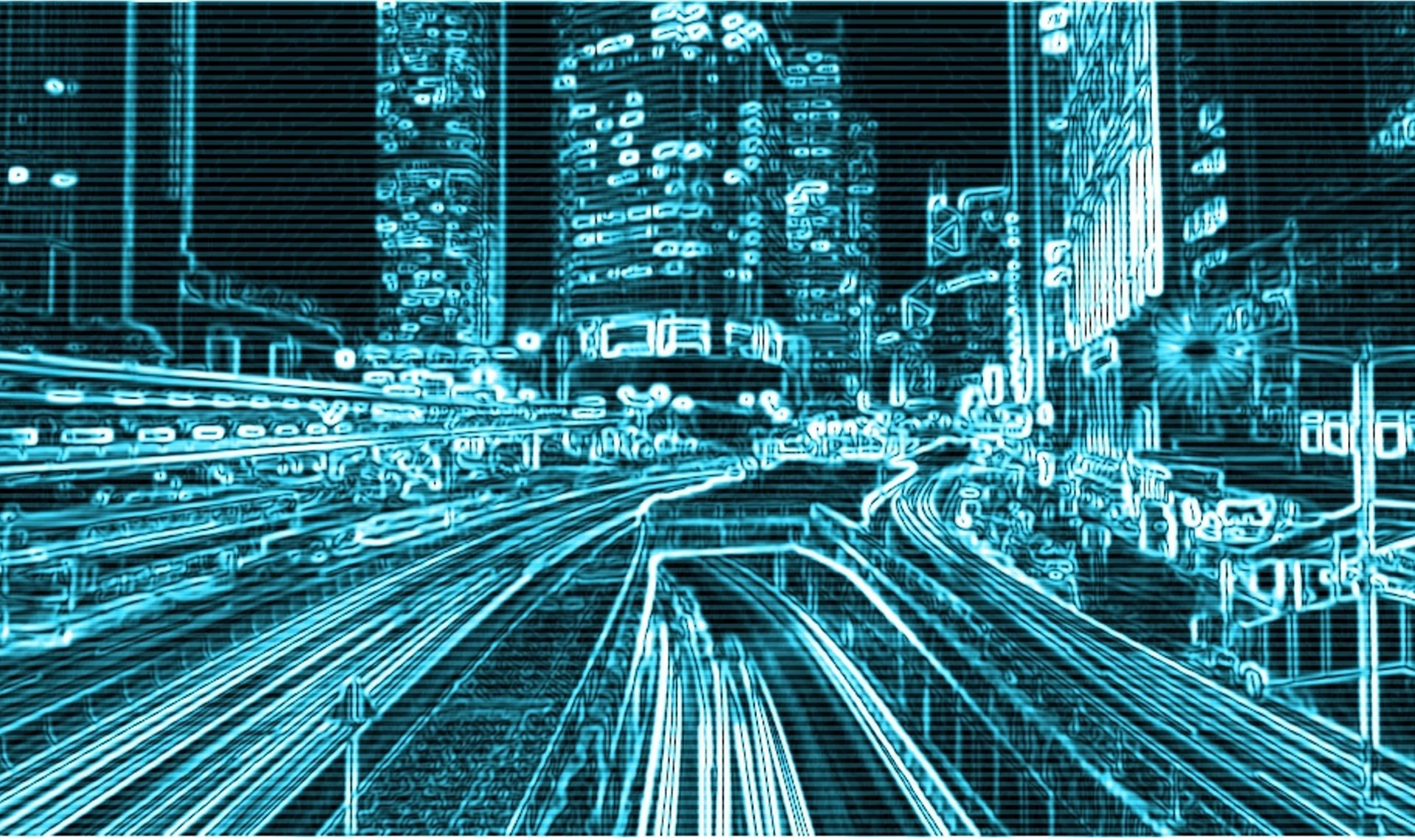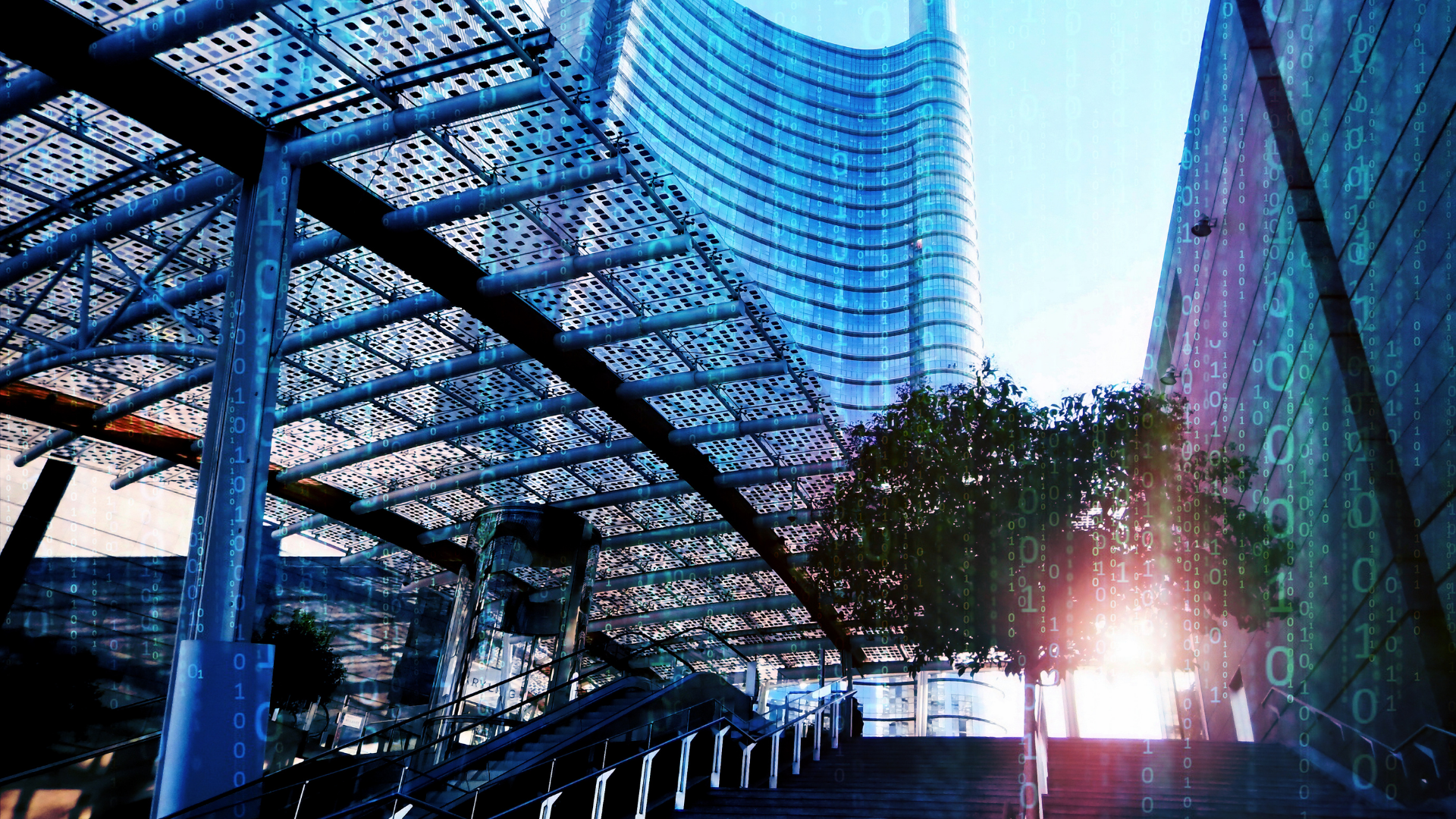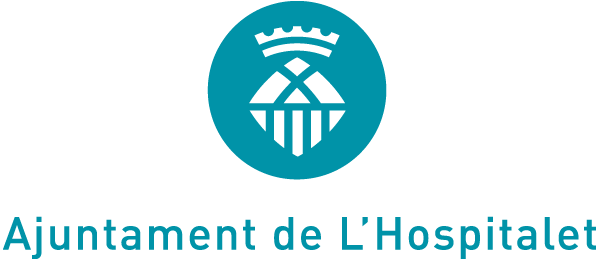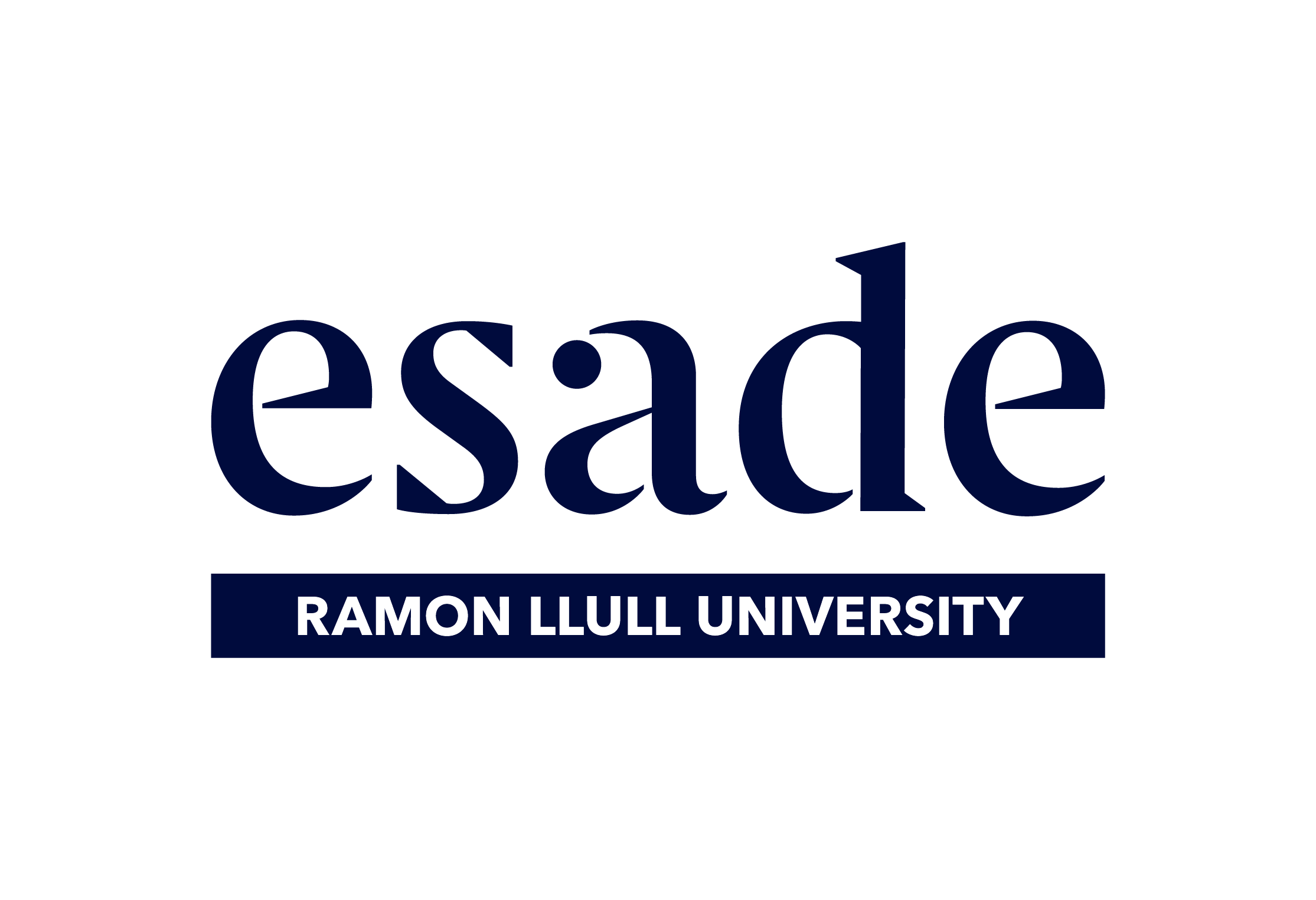Even as different increasingly pressing worldwide issues such as connectivity or the digital divide are global challenges, local and regional involvement is required to stimulate an effective bottom-up transformation. These first focus sessions will draw out key approaches on how local authorities, from a specific territorial vision, can start improving connectivity and digital policies in an inclusive manner and on a small scale, with the goal to be replicated on a bigger scale.
